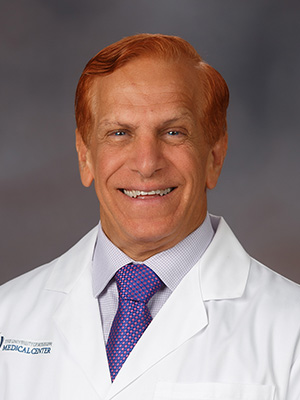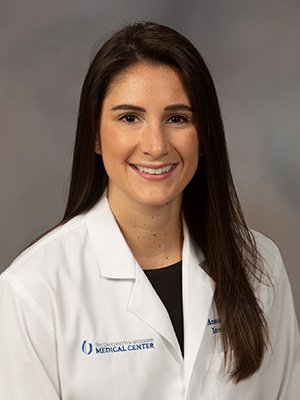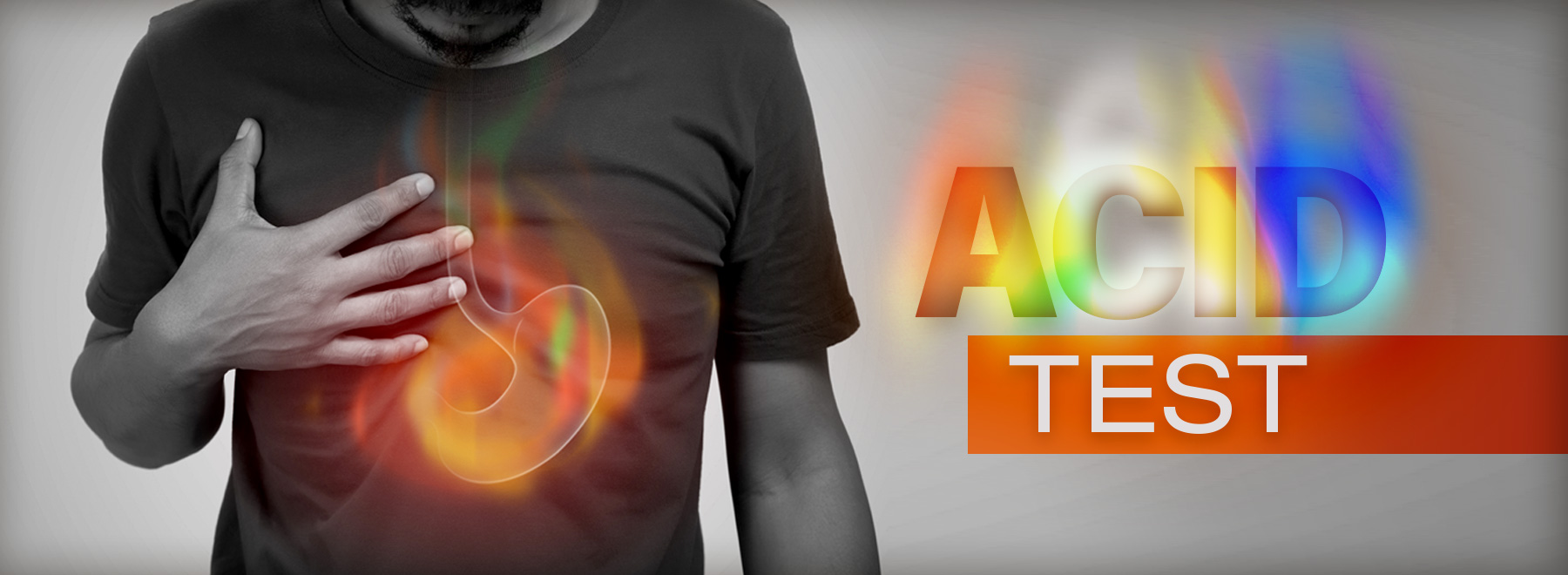Whether it’s GERD, acid reflux or heartburn, here’s how to manage it
You may have wondered what to call that burning sensation in your chest following a meal: Is it heartburn, acid reflux or the ominous-sounding gastroesophageal reflux disease (GERD)?
The differences among the three are, more or less, a matter of degree, but whatever it’s called, you certainly want to get rid of it – especially if it’s GERD.

“GERD has become a very common clinical problem in the United States,” said Dr. Faisal Bukeirat, professor of surgery and medicine, and director of the Division of Digestive Diseases at the University of Mississippi Medical Center.
“There is not one, simple procedure for treating it. Managing it should be multidisciplinary.”

As for the differences, heartburn is a symptom of acid reflux and GERD, when acid reflux becomes chronic. The latter two occur when the contents of your stomach leak backward into the esophagus, or food pipe, said Dr. Anna Owings, a digestive diseases fellow at UMMC.
“Research shows that GERD is more severe than just generalized acid reflux. It can cause changes within the esophagus, including damaging the mucosal lining.”
Although a common complaint, heartburn is not necessarily present in GERD, but there are plenty of other symptoms to give you trouble, including regurgitation and chest pain.
“With GERD, mostly it’s a burning sensation coming up in the throat or the back of the mouth,” Bukeirat said.
If you suffer from GERD, you have a lot of company. Estimates about its prevalence in the U.S. population vary, but a common figure cited is 20%.
Another GERD-friendly condition is a hiatal hernia, if it is five centimeters, or about two inches, or larger in size. Especially worrisome is a sliding hiatal hernia, where the top of the stomach slides through a weakness in the diaphragm. Surgery may be called for in some cases.
Still, the things we do, or don’t do, are often the instigators of GERD.
“Unfortunately, it’s related to our sedentary lifestyle and an ever-increasing epidemic of obesity,” Bukeirat said. By 2030, nearly 50% of the U.S. population will be obese, experts predict.
At its worst, GERD demands timely attention from specialists. “In certain cases, it can be very alarming – if someone has frequent bouts of indigestion after the age of 60 when they’ve never had them before,” Bukeirat said. “Or if there is bleeding: That is never normal – vomiting blood, or black stools.
“Or if a person loses their appetite, experiences unintentional weight loss, has difficulty swallowing or pain with swallowing – these all are features that should precipitate a medical evaluation.”
With such indications, you will probably need to see a gastroenterologist, and an endoscopy may be warranted, Owings said.
To begin with, rather than medications, Bukeirat prescribes a long, hard look at your habits, he said. “When a patient comes to me with symptoms of GERD, I always like to start with questions about the diet. I might recommend changes as far as quality and quantity.”
The solution may be to shun certain foods – those that can trigger GERD, Owings said. “They can vary from person to person, but some of the most common are garlic, caffeine and chocolate, along with tomato-based foods and spicy dishes.” The course of action: Avoid them for a while and slowly re-introduce them, one by one, to find the culprit(s).
Spurning alcohol may also help, Bukeirat said. “Especially such spirits as vodka, undiluted. Large amounts can erode your esophagus, or swallowing tube.” The risk for cancer of the esophagus is relatively low, he said, “but it is a fast-growing problem.”
Also known to bring on acid reflux: dietary supplements, such as iron or potassium, or Actonel – a treatment for osteoporosis; antibiotics such as clindamycin; and pain relievers such as ibuprofen (Motrin and Advil), Aleve and aspirin, Bukeirat said.
With milder cases of acid reflux, over-the-counter medication, such as TUMS or Rolaids, can be effective. If they aren’t, your physician may eventually recommend stronger treatments, including H2 blockers that go by such brand names as Pepcid and Tagamet.
Or you may be prescribed a proton pump inhibitor (PPI) for time-limited trial, Owings said. Nexium and Prilosec are among the best-known PPIs.
“Think of the producers of acid in the stomach as gas pumps,” Bukeirat said. “Those medications shut down those pumps and lessen the production of acid.”
Within the last five years or so, the treatment of choice has been PPIs, Owings said. “But there is also a new, FDA-approved treatment similar to a PPI. It’s a potassium blocker; one of those available is called Vonoprazan.”
In any case, “medications are not the mainstays of therapy,” Bukeirat said. Lifestyle changes are. Bukeirat and Owings also recommend these, where they may apply:
- Eating meals at least three to four hours before lying down
- Eating smaller portions of foods
- Limiting foods rich in fat, citrus acid, as well as beverages containing caffeine or alcohol
- Losing weight or maintaining a healthy weight
- Elevating your head when sleeping
- Smoking cessation
- Exercising and staying in shape
And walking – the right way, Bukeirat said. “Good posture helps with a lot of things, including digestion. So, I recommend that you walk after eating and maintain excellent posture while doing so.”
In the best of worlds, you’ll be able to keep walking right past the pharmacy. Gastroenterologists are specialists in treating such diseases and ailments as GERD and acid reflux, and many more. For an appointment, please call 601-984-4540 (option 1). To make an appointment online, please fill out the UMMC Patient Appointment Request Form here.
The above article appears in CONSULT, UMMC’s monthly e-newsletter sharing news about cutting-edge clinical and health science education advances and innovative biomedical research at the Medical Center and giving you tips and suggestions on how you and the people you love can live a healthier life. Click here and enter your email address to receive CONSULT free of charge. You may cancel at any time.



